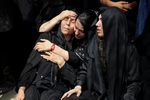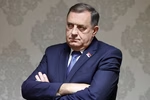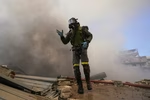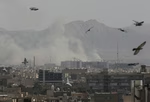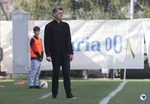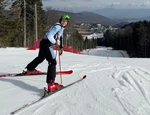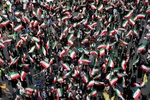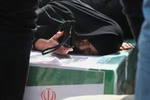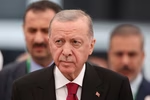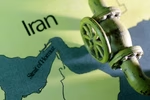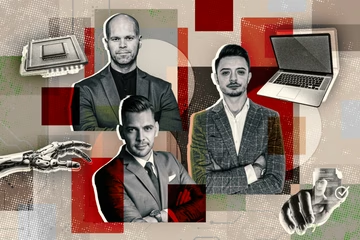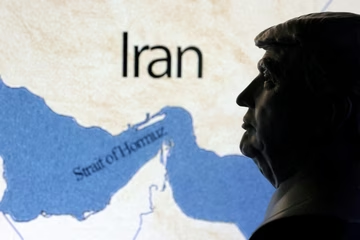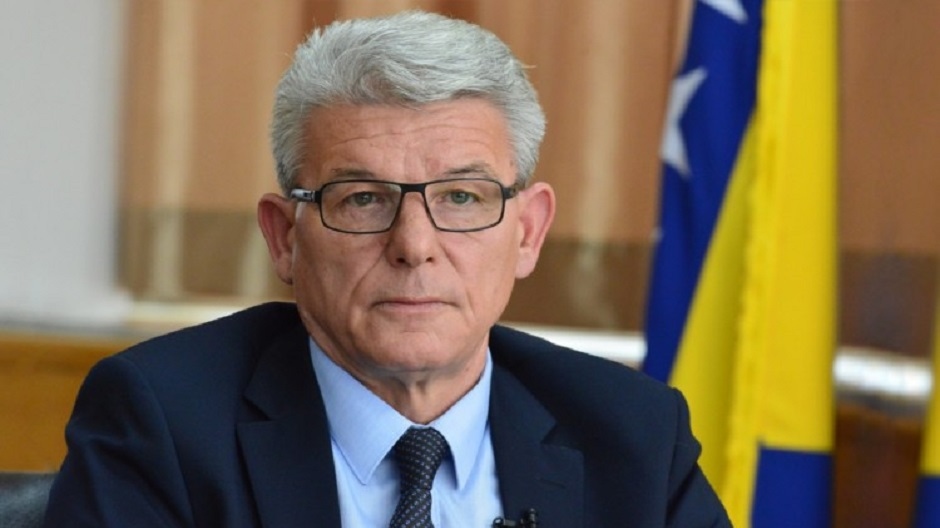
Responding to the Bosnian Serb outburst of anger over the ban of a Russian writer from entering Bosnia, a Bosniak lawmaker and presidential candidate said he supports the country’s intelligence service which said that the writer was posing a threat to national security.
Yevgeny Nikolayevich Prilepin, better known as Zakhar Prilepin, was supposed to attend an event in Banja Luka on Friday but was turned away by Bosnia’s border police a day before and told that he was a security threat to the country.
Prilepin fought on the Russian side during the war in Ukraine and took part in the conflict in Chechnya in the 1990’s. He could be seen on social media bragging in his uniform.
Bosnian Serb officials have slammed the ban as anti-Russian and announced an investigation into who made that assessment and why.
But the Deputy Chairman of the lower house of Bosnia’s Parliament and candidate for the Bosniak chair in the country’s tripartite presidency, Sefik Dzaferovic, said he fully supports the intelligence service’s decision about a "Russian fighter on battlefields of foreign countries."
In a statement issued by Dzaferovic’s Party for Democratic Action (SDA), he slammed the "attacks" coming from Bosnian Serbs against the intelligence service as "inappropriate, baseless and irresponsible."
The intelligence service acted in accordance with its lawful obligation to protect the security of the country, he said.
"And regarding the banned person, if this is really a writer as he likes to portray himself, then I can only say that writers with good intentions visit foreign countries with books and noble wisdoms and not with guns and military uniforms as this gentleman has done in Ukraine, which he also publicly documented," the statement said.
Security institutions bear a special responsibility during this period, having in mind that some politicians keep spreading "fear, threats, hatred and create the feeling of a crisis."
Dzaferovic was referring to the pre-election period, often used by some politicians to go back to the wartime rhetoric and make people fear each other again in order to have a fearful population vote for nationalists. But he also noted that it’s not just the pre-election campaign.
"We are dealing with irresponsible politicians who are not aware of the weight and the danger each spoken word carries, or even worse, intentionally and consciously keep saying heavy and dangerous words," Dzaferovic said.
"Those who believe this is just about the pre-election campaign are naive. No, this is about an ideology of evil that has the intention to destroy Bosnia and Herzegovina and everything it symbolizes and stands for," he said.
The reaction of the Bosnian Serb leader Milorad Dodik to the ban shows that the biggest problem for his policy are functioning state institutions, the statement said.
Milorad Dodik, the President of Republika Srpska, which is the Serb-dominated semi-autonomous part of Bosnia, said his Government will insist on finding out "who created this scandal and why," adding that it came "just ahead of the visit of Russian Foreign Affairs Minister Sergei Lavrov to Banja Luka."
"Dodik should keep in mind that, whether he or any other politician likes it or not, BiH institutions like OSA (the intelligence agency) will continue to do their jobs because that is in the interest of all citizens of this country," Dzaferovic said.
He described the security situation in the country as "serious" because of increased activities of destructive forces such as "attempts to bring in fighters from Ukrainian battlefields."
Kakvo je tvoje mišljenje o ovome?
Učestvuj u diskusiji ili pročitaj komentare





 Srbija
Srbija
 Hrvatska
Hrvatska
 Slovenija
Slovenija








